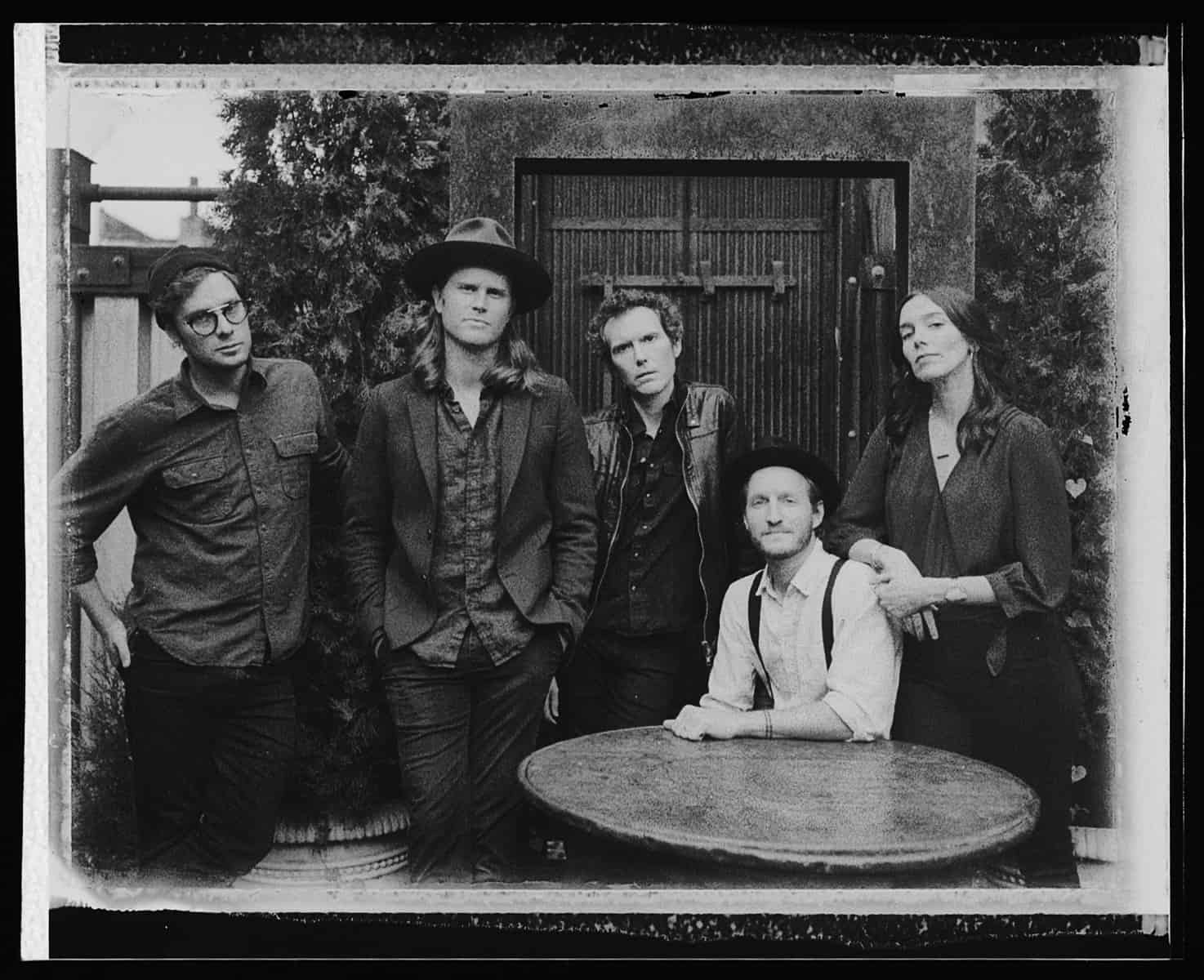In the past year, the one topic that I think I’ve discussed with my clients more than anything else: SoundExchange. Particularly, how much SoundExchange revenues are being paid out and/or missed by artists and producers.
In today’s music business, every musician and producer needs to understand and collect all the various streams of revenue that they are entitled to from their songs. However, what I often find is that most musicians do not fully understand SoundExchange. Usually, they are leaving significant amounts of money on the table. This is either because their songs aren’t registered, or they are registered but not properly.
If you are a musician or producer in 2021, you need to understand SoundExchange. You need to ensure you are getting paid every dollar from it!
What is SoundExchange?
SoundExchange is a non-profit collective rights management organization that is designated by the U.S. Congress to collect and distribute digital performance royalties for sound recordings. In layman’s terms, SoundExchange collects revenues for the performers on sound recordings, rather than the songwriters. The performers can include the musicians (singer, guitar player, drummer, keyboard player, tambourine player, etc. etc.) and the producer. SoundExchange also distributes revenues to the owner of the master recordings. This could be a record label or if you own your own masters, it will be you.
So, ASCAP/BMI/SOCAN handle performance revenues for the songwriters, and SoundExchange handles performance revenues for everyone who played on the recording. Often times, both may apply to you.
SoundExchange reported it distributed nearly $947 million in performance royalties to creators in 2020, which is a $39 million increase from 2019 and the numbers will keep getting higher as consumption habits continue to skew to the types of music services that generate SoundExchange revenues.
Overall, SoundExchange has distributed nearly $8 billion in collections to creators since the company was established in 2003. You need to be getting some of this money.
How Will Your Songs Generate SoundExchange Revenues?
The biggest generator of SoundExchange revenues for most of my clients is getting airplay on satellite radio, typically SiriusXM. So, you don’t have to have a song that sells a million copies in order to generate significant SoundExchange revenues. I have dozens of clients who receive airplay on “niche” SiriusXM stations such as jazz, blues, comedy, Indigenous stations, etc. While these songs may not be “hits” in the traditional sense, they can generate tens of thousands of dollars a year through repeat satellite radio spins.
Other uses of your music that generate SoundExchange revenue include internet radio stations. This can include, iHeartRadio.com, non-interactive digital music streaming services (e.g., Pandora) as well as digital cable and satellite TV services (e.g., Music Choice, Muzak, DirecTV, Dish Network).
Each of these “non-interactive licensees” pays a statutory rate that is determined by a variety of factors, including the number of stations or channels, the number of listeners or subscribers, and/or the amount of advertising and other revenues earned by the licensee. In contrast, on-demand or interactive music streaming services, such as Spotify, are not subject to SoundExchange statutory licensing. These interactive services must enter into separate licensing agreements with the song’s copyright owners (often record labels) to utilize the works.
How Does SoundExchange Divide Its Revenues?
Once SoundExchange has collected its revenues from its licenses in a given period, it also receives monthly reports from each licensees listing exactly what songs were performed in that period.
Of the total amounts collected, 50% percent of these funds are distributed to the owner of the song’s sound recording (either a record label or the artist), 45% of these funds go to the featured performer on the track (typically, the musician whose name is on the recording) and the remaining 5% of these funds are distributed to the non-featured performers on the track through the American Federation of Musicians (AFM) or Canadian Federation of Musicians (CFM) and American Federation of Television and Radio Artists (AFTRA, or ACTRA in Canada). Often the non-featured performers are the various musicians and producers on the track. SoundExchange also takes a 4.6% administrative fee “off the top” of the total funds collected.
SoundExchange Revenues Bypass Your Record Label
An important thing to remember, if you are signed to a record label, they cannot touch the 50% that goes to the featured and non-featured performers.
In other words, that 50% is paid directly to you and your non-featured performers, regardless of whether you are un-recouped (i.e. still owing money to your label).
The label will still get to collect its 50% of revenues as master owner, but the other half should not be sent to them.
Millions of Dollars in Revenues Uncollected
Based on one report, SoundExchange currently has over $200 million in unclaimed revenues! These are mostly owed to musicians/producers/labels who are currently not SoundExchange members, or who have incomplete filings with the company.
But here’s the thing: SoundExchange is only required to keep unclaimed royalties for three years before it can redistribute it to artists and labels in its system as a refund on administrative fees.
In other words: if you’re not signed up to receive SoundExchange, the time to do so is now! You can search SoundExchange’s catalog to see if revenues are owing to you right HERE.
Conclusion
The modern music industry is all about collecting as many revenue streams from as many sources as possible. Having these multiple streams combine to something significant that allows you to make a living off of your art. SoundExchange is perhaps the most important revenue stream that every musician should understand and make the most of.
As always, reach out with any questions you have. I’m here to help.








3 Responses
Hi Kurt! Thanks for this great article. I’ve been researching Sirius XM royalties since one of my songs made it into regular rotation there. I have two follow-up questions if you’re up for answering!
Is the artist entitled to any of the 50% sent to the label, or just the half sent directly through SoundExchange and;
If I register the song with ACTRA – RACS as a Canadian artist will I need to do anything else to collect that direct income?
Thank you for sharing such useful info!
Thank you very much for this article . I am a registrant of SX for many years. My main question is what’s the best way to inquire if I have any unclaimed monies with SX?
Are you an advocate for keeping up with all things SX biz ? I sure could use someone to represent me and get all the new and ever evolving streams and avenues possible as I am not a huge internet or computer type person . I need someone to represent me and knows all this stuff so I can better stay ontop of SX because I don’t trust anyone there to do me the best . I have already been mixed up and also even kicked off of all my songs believe it or not a year or more ago . It was crazy but I got it worked out none the less I don’t have much trust with them after this major major hiccup on their part . I was signed to Universal / Island Def Jam
And am still with ASCAP as a member . Thank you hope you are well
guitarist songwriter
Contact SX!
Kurt Dahl
Entertainment Lawyer